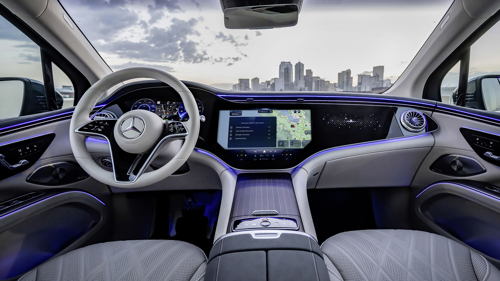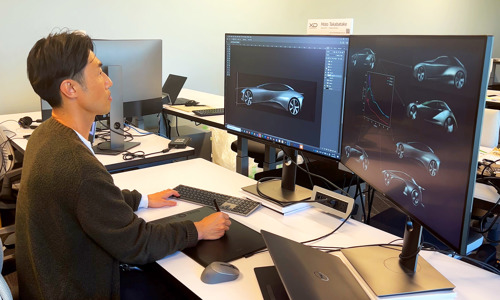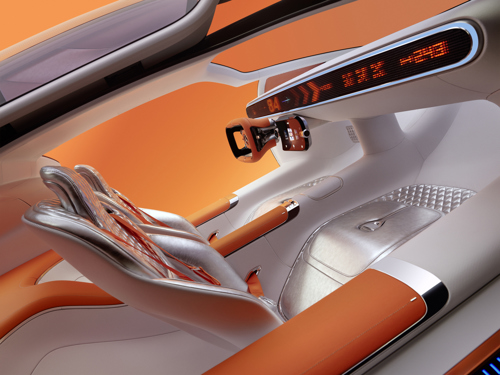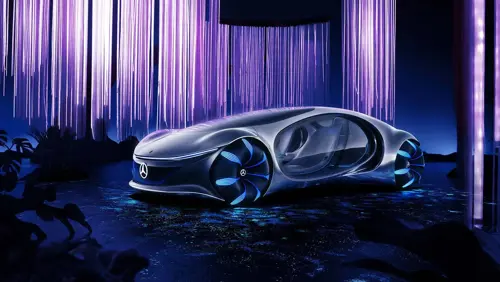Mercedes-Benz's chief design officer, Gordon Wagener, has made a bold prediction: artificial intelligence (AI) could render human car designers obsolete within the next decade.
Speaking at an event for the new Mercedes-Benz Places apartment complex in Miami, Wagener suggested that AI’s rapid development will fundamentally reshape the design process.
“We work with AI now,” Wagener told ABC News.
“You get 99% of crap with AI and sheer quantity. That’s the biggest problem - sorting out the good stuff from the bad," he continued. "But you get 1% good stuff, and we keep learning. It’s getting better every day.”

The automation of design could mean major cost savings for manufacturers.
"I think in 10 years maybe most of design will be done by AI and it will make designers obsolete." Wagener even joked that his successor would be “a machine and will be much cheaper than my salary.”
The role of AI in automotive design

Automotive design has long been an essential part of brand identity, distinguishing models through unique aesthetics.
As the industry transitions to electric vehicles (EVs), platforms are becoming more standardised, reducing the need for differentiation in powertrains and mechanical layouts.
This shift raises questions about whether AI can effectively create emotionally resonant and iconic designs that have traditionally been the work of human visionaries.

AI already plays a role in generating concepts and assisting in the design process. Even Toyota has embraced generative AI for electric vehicle design.
But Wagener’s comments suggest that its influence will only grow. The challenge will be in filtering vast amounts of AI-generated concepts to find viable, innovative ideas.
Steering wheels not going anywhere - yet

Beyond AI’s impact on design, Wagener addressed the future of vehicle controls, making it clear that Mercedes-Benz has no immediate plans to eliminate traditional steering wheels or gear shifters.
While fully autonomous cars like Tesla's Cybercab are often discussed as the industry’s end goal, Wagener believes widespread adoption remains distant.
“Probably at one point, but I don’t see it in the near future,” he said when asked about removing physical controls. “We will always have a steering wheel… at least in the foreseeable future. With increasing autonomy, the car becomes more of a living space. The car of the future is not a smartphone on wheels, it’s going to be a ‘smart home’ on wheels.”
Uncertainty ahead

AI’s growing influence in automotive design is undeniable, but whether machines can truly replace human creativity remains to be seen.
While automation can accelerate the design process, the emotional connection between consumers and vehicles is something that has always been driven by human intuition.
The next decade will reveal whether AI can genuinely capture the artistry that defines great automotive design or if human designers will still have the final say.
Beyond design, Mercedes has been quick to adopt AI for its in-vehicle systems. In 2023, it announced plans to integrate ChatGPT into some of its models.
The company has more recently partnered with Google to equip the next-generation CLA with advanced AI.














